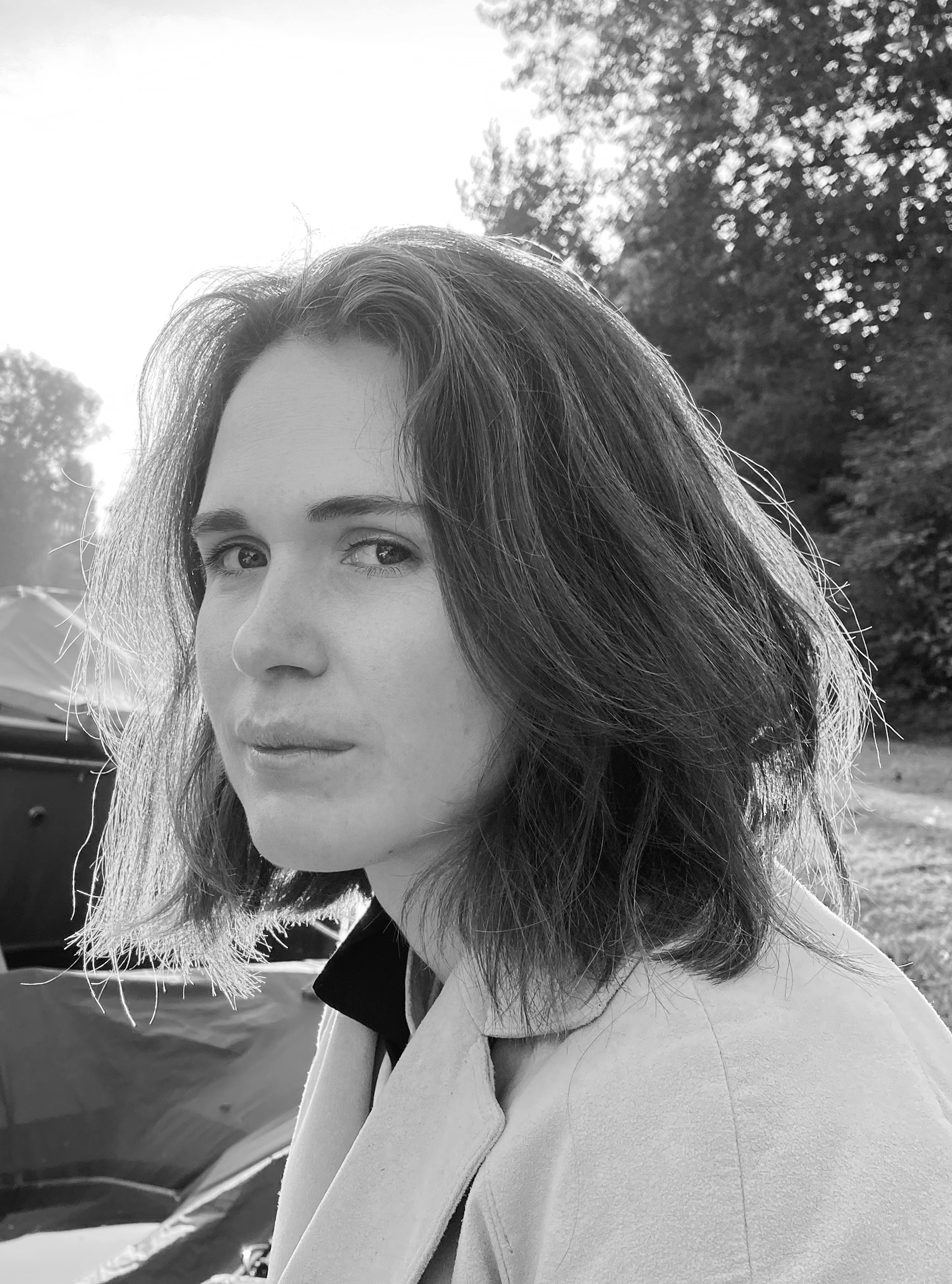The earliest film editors were almost exclusively women. Today they represent roughly one-third of the field. Their historical prevalence has often been linked to the similarities between the cutting and splicing of film and the menial labour of sewing. Later, it was often reasoned that their proficiency in the role was due to the inherent patience and diplomacy traditionally associated with their gender. Despite their prominent place in film editing from its very beginning, their contributions have historically been under-researched and under-published.
This research will begin development on an experimental archival publication studying the intersection of book design and film editing with Dutch film editor Helen van Dongen as a central figure. Because of the shared sequential nature of books and films, this project posits that book design could be approached with principles from film editing. Borrowing techniques from compilation films and editing theory the project will explore how to organise, interpret, edit and design archival material as a way of writing feminist (film) history while examining the book format from a new perspective.
(image: Film frames from Man with a Movie Camera (Человек с киноаппаратом), directed by Dziga Vertov and edited by Elizaveta Svilova, Vseukrainske Foto Kino Upravlinnia (VUFKU), 1929)





